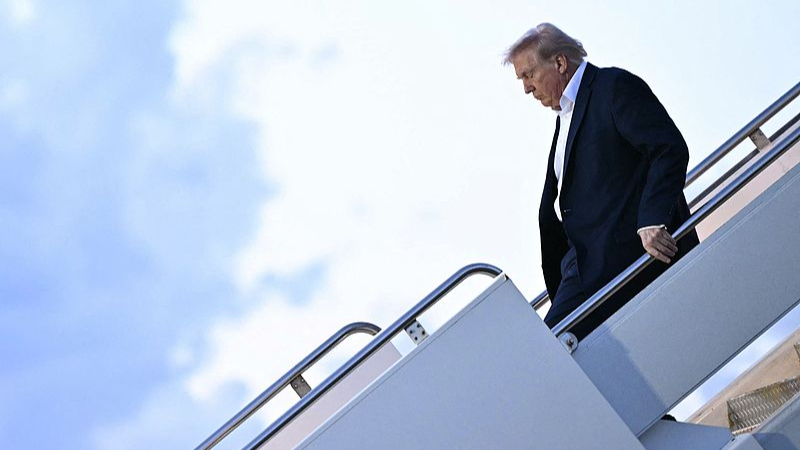President Trump's sweeping tariffs on staples like steel, aluminum and autos were touted as a bold move to revive US manufacturing—but the bill has come due on multiple fronts. What started as a domestic crusade is reshaping alliances, tilting the global chessboard in unexpected ways.
Back home, Americans are feeling the pinch. Former U.S. Vice President Mike Pence warned that current levies are nearly ten times higher than those imposed earlier, adding up to roughly $3,500 in extra costs for a typical family each year. Far from being \"tough on trade,\" experts say the measures have fueled inflation and rattled consumer confidence.
Overseas, traditional partners are scrambling to safeguard their interests. In Germany and Japan, export-driven industries fear losing ground. Supply chain specialists note that unpredictable tariff announcements have thrown long-term planning into disarray, affecting everything from auto parts suppliers to pension fund portfolios.
Canada responded with its own duties, targeting US sectors that matter most to Washington. By redirecting tariff revenues to support laid-off workers, Ottawa signaled a shift toward interventionist policies—and a newfound determination to push back rather than buckle under pressure.
Meanwhile, Japan opted for quiet diplomacy over high-stakes retaliation. Prime Minister Shigeru Ishiba chose to avoid public showdowns, reflecting Tokyo's tightrope walk between preserving a key alliance and managing domestic backlash over what many see as capricious economic coercion.
Across the board, these tariff battles have spurred a strategic reckoning. Nations that once assumed reliable backing from Washington are now diversifying partnerships and exploring alternative trade blocs. The era of predictable US leadership appears to be giving way to a more transactional world order—one where economic leverage translates directly into geopolitical influence.
For digitally savvy global citizens, entrepreneurs and changemakers alike, the lesson is clear: in today's interconnected economy, a policy shift in one capital can echo from capital markets to kitchen tables halfway around the world. As alliances are reevaluated, the future of trade may hinge less on ideology and more on adaptability in a fast-changing landscape.
Reference(s):
How Trump's tariff strategy is reshaping the alliance understanding
cgtn.com




